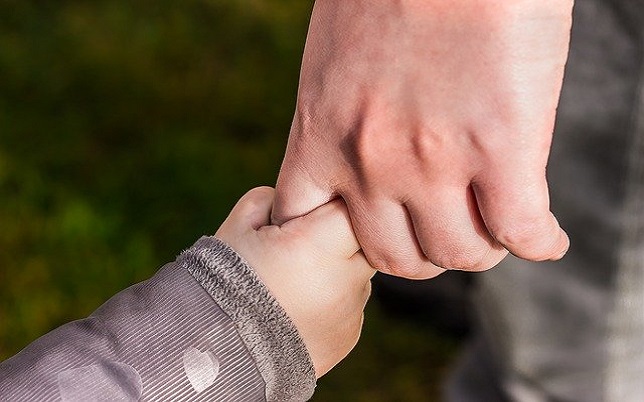During the rule of Khalifa Hazrat Umar (Caliph) a trade caravan arrived in Madina, and they set up camp at the place where the Muslims performed the Eid salaah. Caliph Umar asked Hazrat Abdur Rahmaan bin Auf whether he was prepared to accompany him to guard the camp against theft that night.
Hazrat Abdur Rahmaan bin Auf agreed and the two men spent the night guarding the camp and performing salaah turn by turn.
Hearing the cry of a child, Hazrat Umar went in the direction and said to the mother, “Fear Allaah and treat your child well.”
He then returned to where he was. When he again heard the child cry, he went back to the mother and repeated what he had said earlier. He then returned to his place.
When he again heard the child cry towards the end of the night, he returned to the mother and said, “Shame on you! You seem to be a terrible mother! It seems like your child will not be calmed the entire night”.
The mother responded by saying, “O servant of Allah, You have pestered me all night. I have been trying to pacify my child to wean him but he refuses to do so.”
“Why are you doing this?” enquired Hazrat Umar.
The lady explained, “Because Umar only gives allowances to children who have been weaned”.
“How old is the child?” asked Hazrat Umar.
When the woman informed him that the child was only a few months old, Hadhrat Umar said, “Please do not rush him.”
When Hazrat Umar led the Fajr salaah, the people could barely understand his recitation of the Quran because of his excessive weeping.
After saying the Salaam, he exclaimed, “Woe to Umar! How many Muslim children has he killed?!”
He then instructed someone to announce, “Take note! Do not rush your children into weaning because we have now fixed an allowance for every Muslim child born.”
Hazrat Umar then wrote to all the Muslim territories, notifying them that an allowance has been stipulated for every new born Muslim child.1
1. Ibn Sa’d (Vol 3. Pg.217), as quoted in Kanzul Ummaal (Vo1.2 Pg.317)

